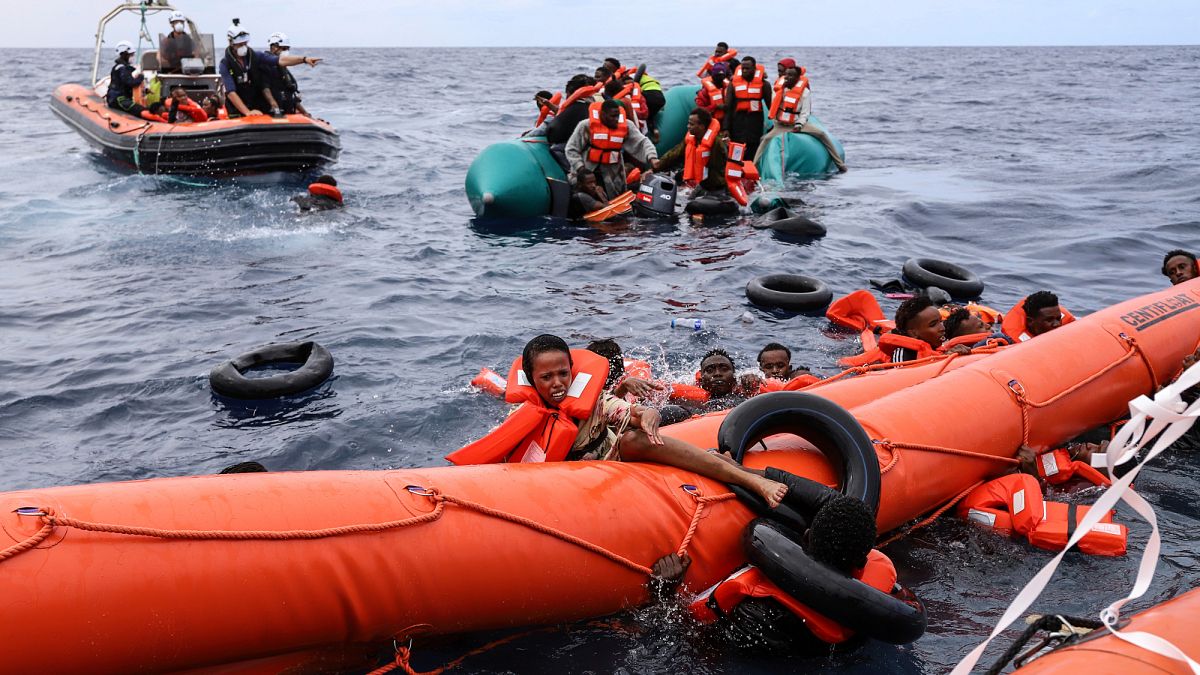

As the world continues to navigate a complex landscape of political, economic, and environmental challenges, recent events highlight the interwoven nature of global affairs. Key issues are unfolding across different regions, each with its unique context and implications.
In the Mediterranean region, a significant increase in migrant crossings has prompted renewed attention. The UN refugee agency reported that in 2021, 32,400 refugees and migrants used the Mediterranean route from Libya to Europe, marking a significant rise compared to the previous year. This has led the European Union and Greece to intensify discussions with Libyan authorities to manage the situation more effectively. Such dialogues aim to ensure safe and regulated migration while addressing the underlying causes of the increased movement.
Shifting gears to European Union politics, the topic of Ukraine’s accession to the EU has resurfaced. Despite some resistance, particularly from Hungary, with its Prime Minister Viktor Orbán expressing hesitations, Brussels has maintained that there are “no objective reasons” to delay Ukraine’s membership bid. The deadlock has prompted discussions about whether to separate Ukraine’s application from that of Moldova in an attempt to ease the process and maintain momentum in EU expansion strategies.
Meanwhile, on the transatlantic front, the European Union is currently working on negotiations with the United States regarding trade tariffs. As the EU Trade Commissioner Maroš Šefčovič heads to Washington, the EU has shown a willingness to accept a 10 percent baseline tariff as part of efforts to achieve some upfront economic relief and improve trade relations between the two major economic partners. This move illustrates the EU’s strategic emphasis on fostering cooperative international trade landscapes amidst global economic uncertainties.
The intense summer heatwave sweeping across Europe has had tangible impacts, even reaching cultural landmarks. Brussels’ renowned Atomium has had to adjust its visiting hours due to the extreme temperatures affecting the iconic metallic spheres of the structure. This situation serves as a gentle reminder of the ongoing challenges posed by climate change and the need for adaptive strategies to deal with rising temperatures.
In the Middle East, significant diplomatic shifts are occurring with former U.S. President Donald Trump’s executive order aimed at lifting some financial sanctions on Syria. This decision follows the ousting of Bashar al-Assad and is intended to stabilize the country by promoting economic recovery and broader sanctions relief. According to a White House spokesperson, the measure is a step towards terminating the longstanding U.S. sanctions program against Syria, initially set in response to the Syrian government’s chemical weapons activities.
Collectively, these developments underscore how interconnected global issues are, requiring coordinated responses and collaborative efforts. As nations and regions work together to navigate these dynamic challenges, these stories highlight both the complexities and opportunities inherent in international relations. Through mindful and concerted efforts, solutions can emerge, fostering stability and progress on the world stage.
Source: {link}
